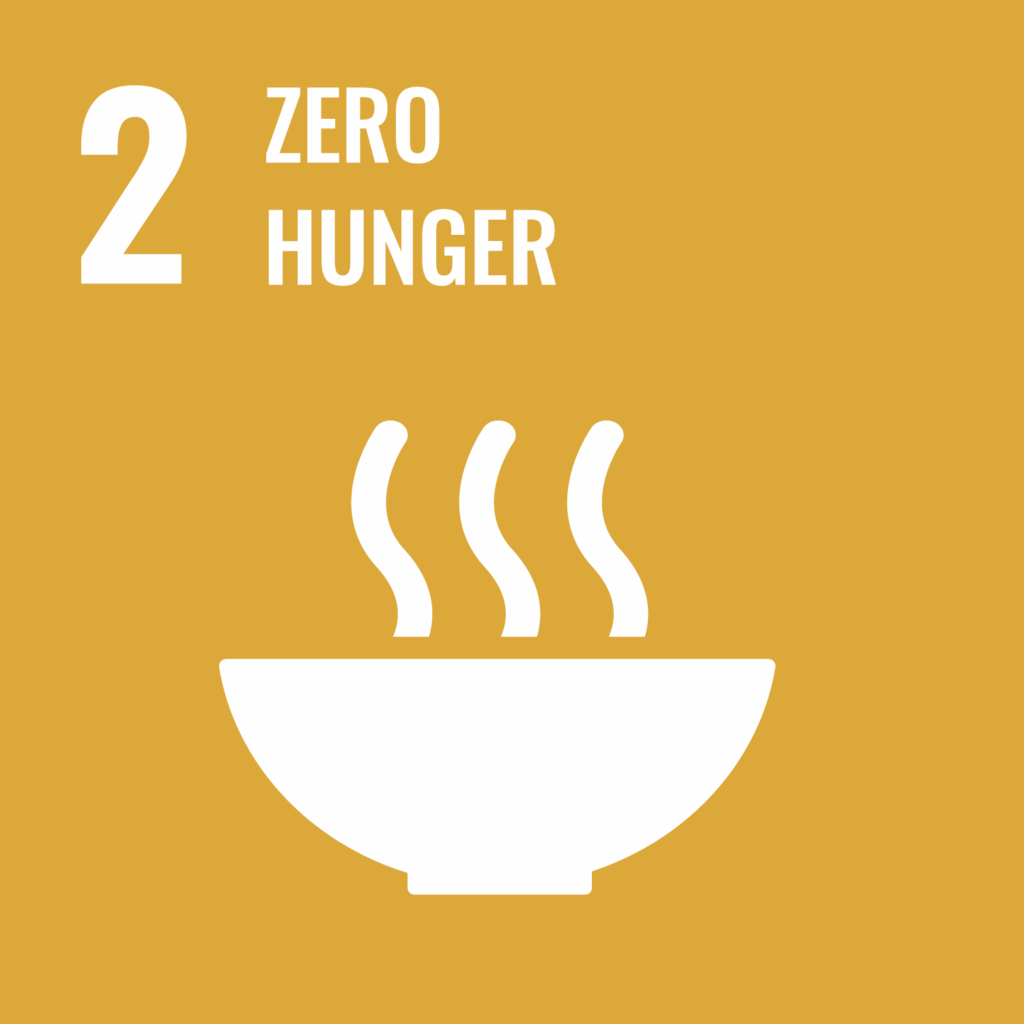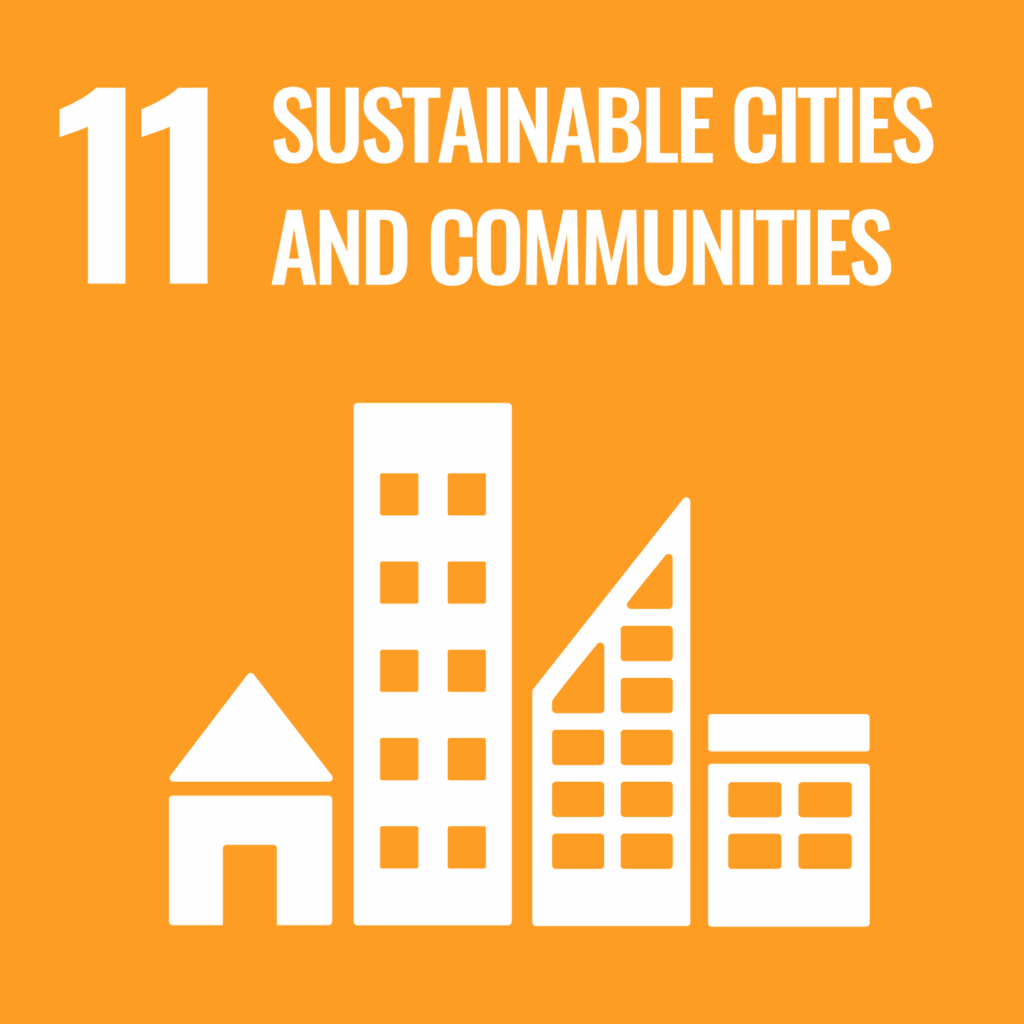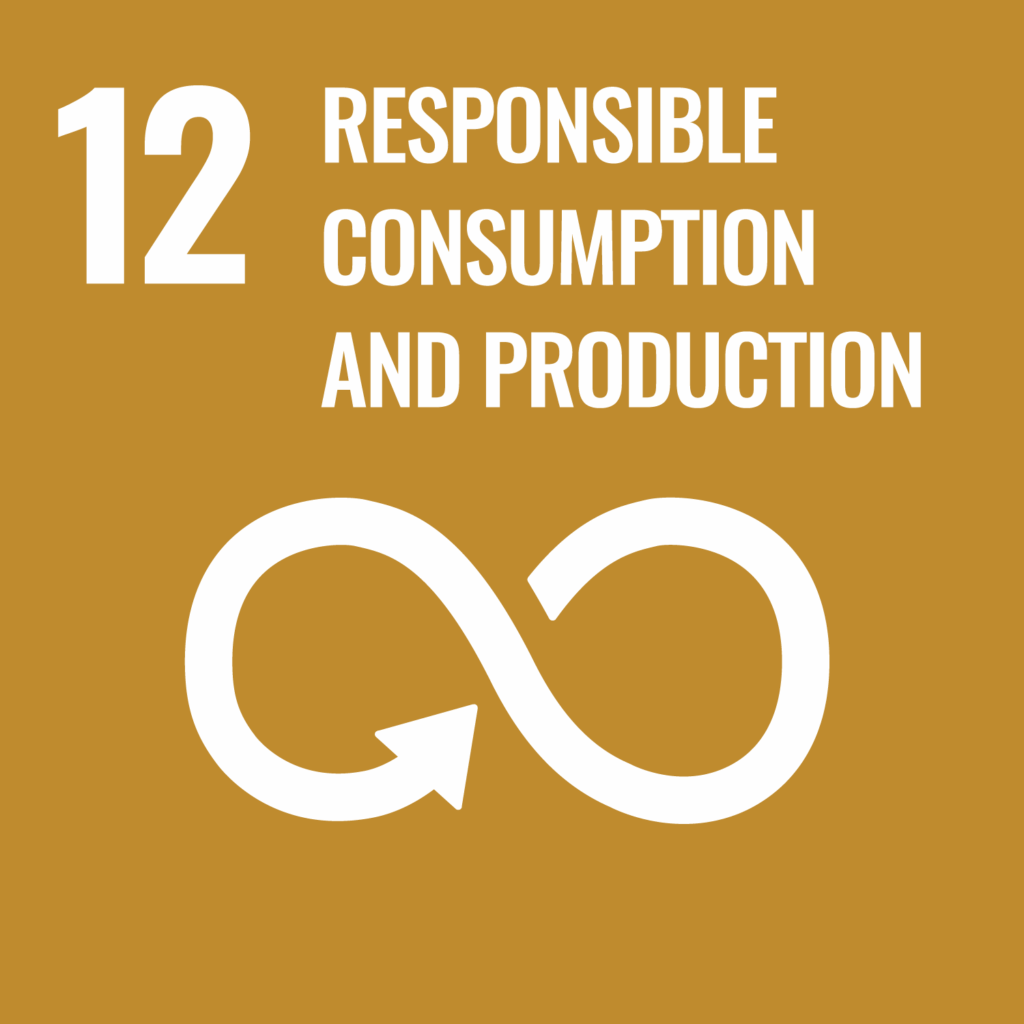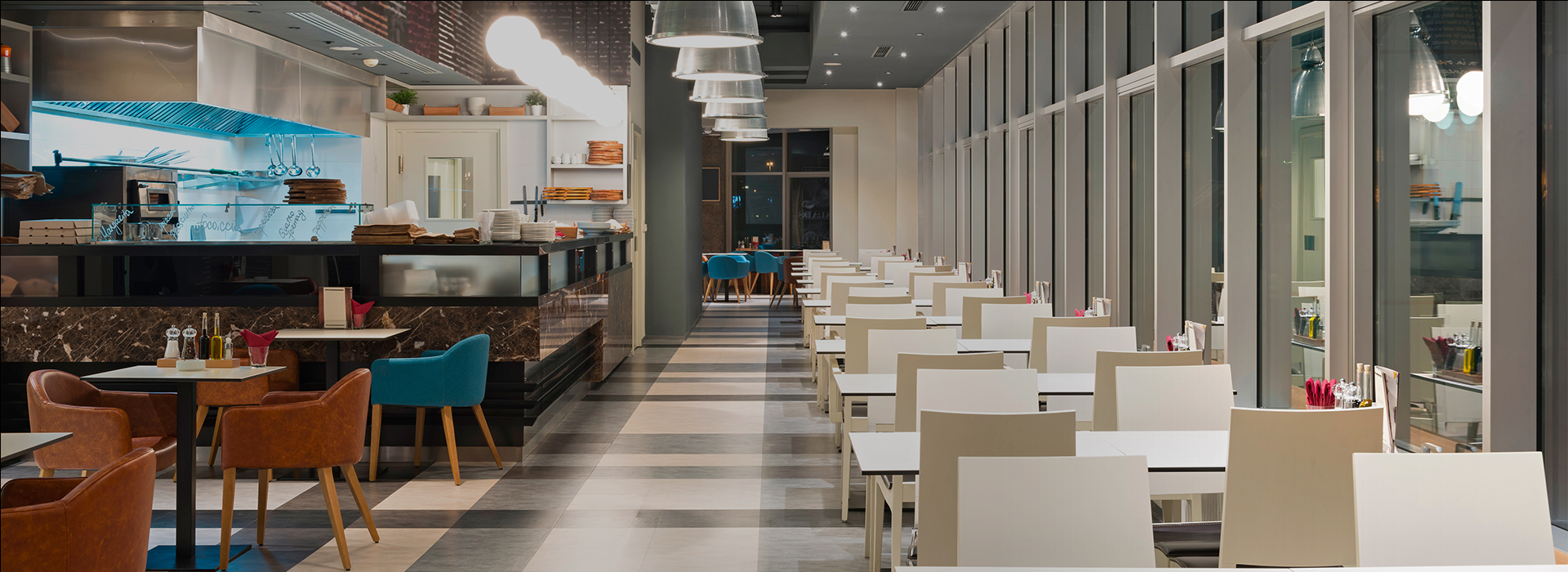Reduce food waste with Smart Waste
By 2030, food waste in retail and at the consumer level must be halved
Up to 30 percent of all environmental impacts in Germany can be traced back to the production and consumption of food. The aim is therefore to reduce food waste in particular in order to protect the environment and human health. This requires continuous monitoring of food waste. However, the existing structures usually barely allow this necessary data to be collected.
LoRaWAN® and smart sensors for meaningful weight data
With specially configured LoRaWAN® sensors, the weight data is recorded in real time and sent to the B.One element iot platform. Here they are supplemented with additional meta-information, such as waste type or container type, and are available in an app for evaluations and alarm functions.
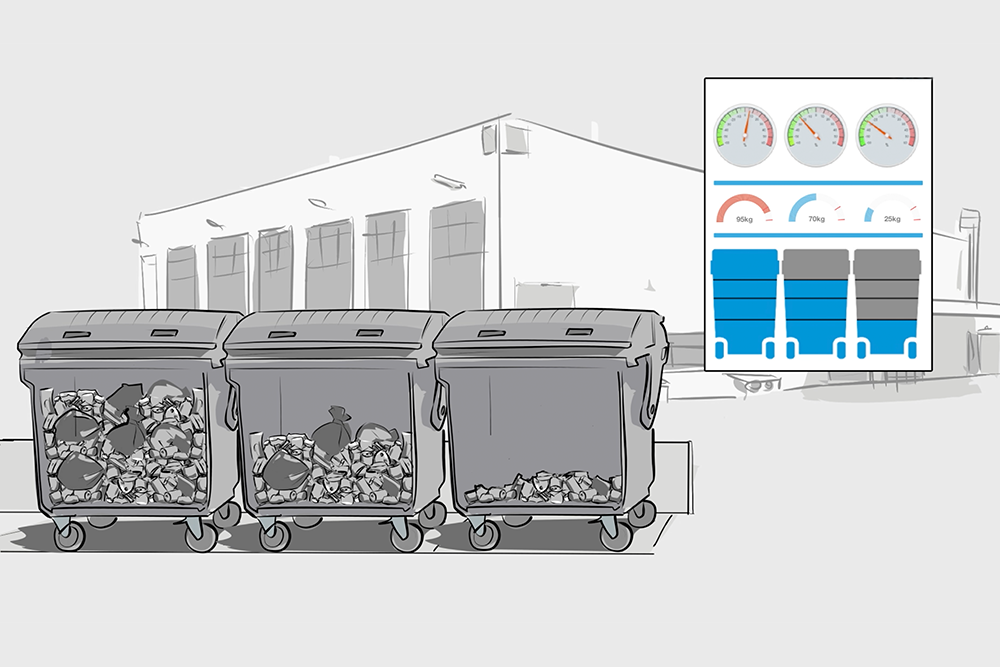
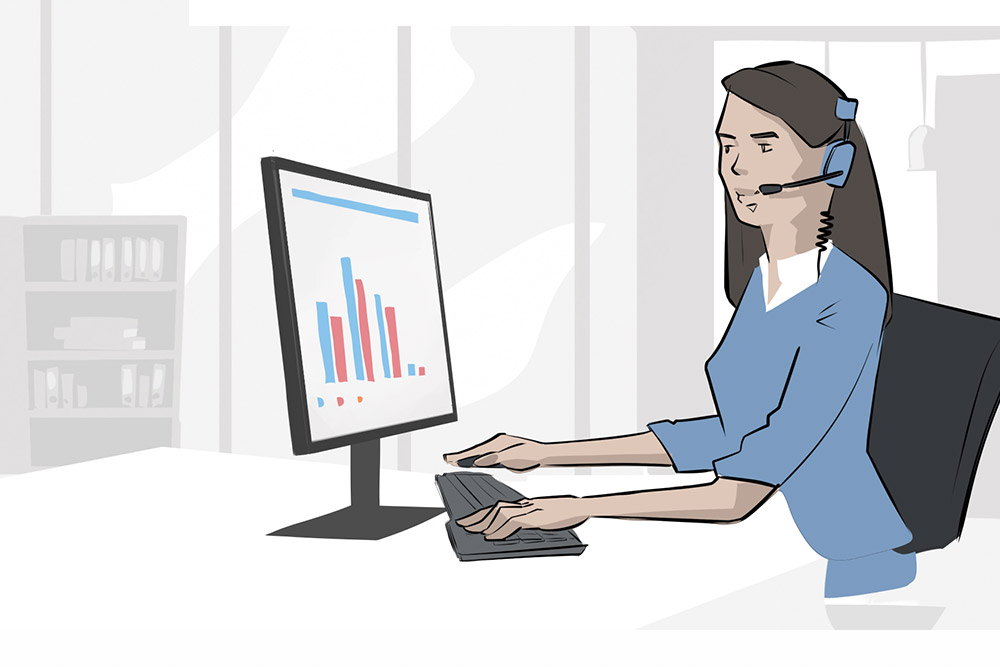
Reduce food waste with LoRaWAN®
- Save food waste
- Savings in CO2 and other pollutant emissions in transport and production
- Savings of resources such as water and fertilizers
- Detailed reporting for legal requirements
With the help of the recorded weight data, targeted measures to avoid food waste can be planned and implemented. With the help of these measures, less CO2 and other emissions are generated and costs are saved by minimizing waste.
